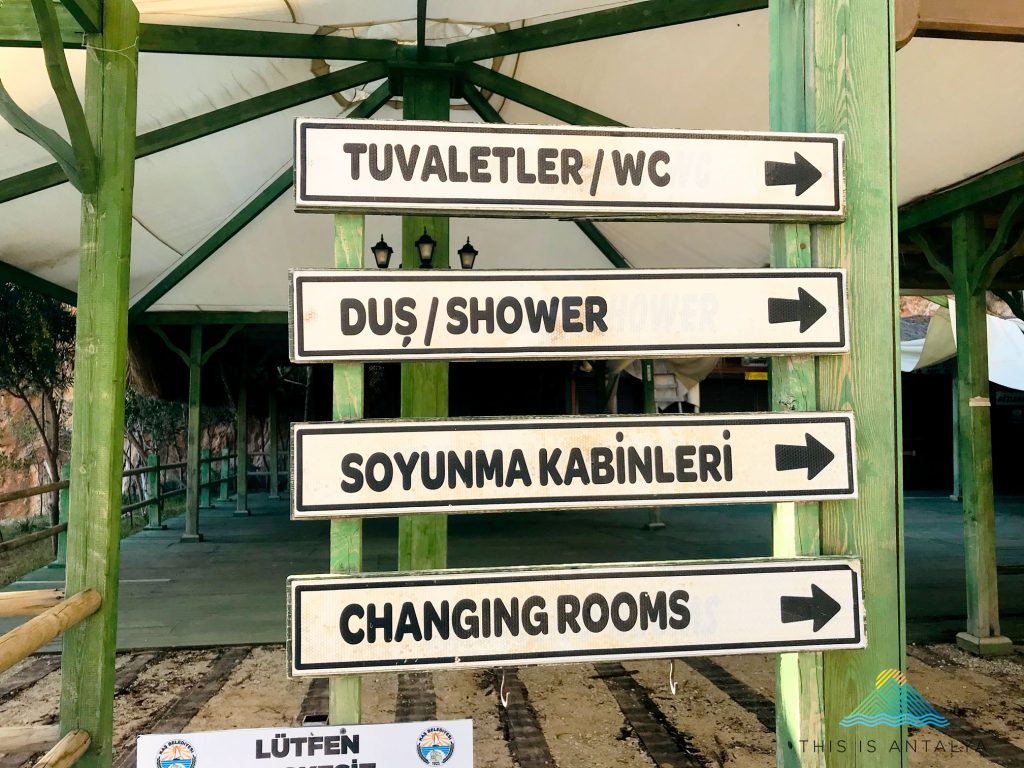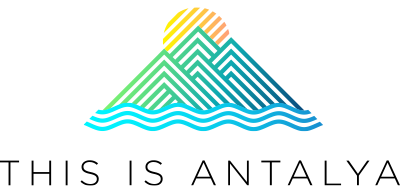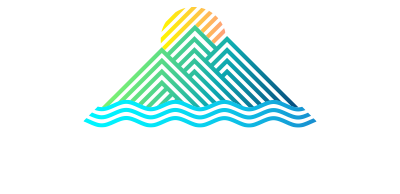
Antalya is a diverse city where people from all over the world visit and live. Because English seems to be a “universal language,” many Turks in touristy areas speak enough that you can probably get by without much Turkish. However, learning a few phrases in the local language is a common courtesy. Türks love set social phrases and have no shortage of them for polite use in everyday life. Being able to speak some of these will show you care enough to try, and you will be overwhelmed by the gratitude, hospitality, and warm smiles you receive.
We are also including a list of some common words you might see that will be helpful to recognize as you are out and about.
Hoş geldiniz
(Hosh gale day neez)
Let’s start with “Hoş geldiniz.” Whether it be someone’s home, your hotel, a restaurant, a museum, or souvenir shops, this is a welcome greeting you will hear upon entering just about anywhere. It basically means “your coming is pleasant”.
Hoş bulduk
(Hosh bool duke)
This is like “happy to be here” and is the appropriate response after being welcomed. It translates something like, “finding you/here/this place was pleasant”.
Buyurun
(Boo you rune)
This is another word you will hear in abundance. When you are at a Pazar, it can basically mean anything from “here you go” to “I have what you need” when shouted at you from a pazarcı (seller). On the bus it can mean “go ahead” or “you can sit here.” Or if you are first in line for the bathroom and a little girl or boy comes in and desperately needs to go, you can smile and say, “buyurun” to let them know they can go ahead of you.
Lütfen
(Loot fen)
Lütfen means please. You won’t hear it a lot, but that doesn’t mean you can’t use it.
Teşekkür ederim
(Tay shay cure ey deer eem)
Teşekkür ederim is the formal way to say thank you in Turkish.
Ellerinize sağlık
(A lair ee nee zay Sa a look)
Ellerinize sağlık is a much-used Turkish social phrase that means “health to your hands.” It can be said to the chef who made your dinner or to the sweet lady who crocheted your souvenir scarf.
Afiyet olsun
(Ah fee yet ol soon)
Afiyet olsun is a phrase you will hear at mealtime that is similar to Bon Appetit. It is a blessing for your food and basically means, “Enjoy your food!”
Kolay gelsin
(Co lie gale seen)
Kolay gelsin is one of our favorite Turkish phrases. It has no real equivalent in English, and it is the phrase we miss the most when we travel to our home country and have nothing similar to say. Loosely, it means, “may it come easily,” and it can be said to anyone who is working at something. You will hear Türks say it when they approach clerks at a store, before they pay the cashier for their dinner at a restaurant, or as they walk by someone sweeping the street. We love it because it is a nice way to make someone feel seen and to sort of offers thanks for the job they are doing.
Geçmiş olsun
(Gech meesh ol soon)
Geçmiş olsun is another common statement that means “may it pass”. You will mostly hear it in relation to illnesses and in a way that seems interchangeable for “get well”. But it can also be used in situations where people just want to be done with something… like when someone is preparing for a big test or doing a work project that isn’t much fun. It is even said to pregnant women. =)
İnşallah
(Een sha lah)
İnşallah means “Lord willing” and is frequently uttered as a wish that something will happen. As in, “Are you coming to the party tomorrow?” “Inşallah.” Or, “Do you think it will be sunny tomorrow?” “Inşallah.”
Bakar mısınız/Bakabilir misiniz
(Bah car mu su nuz)
Bakar mısınız is what you will hear people say at a restaurant when they want to get a waiter’s attention. It is kind of like “excuse me,” but really means something like, “are you looking?”
(Bah kuh bee leer me see neez)
We actually prefer Bakabilir misinz which means “Can you look?” It feels a little more polite to us.
Tamam
(Tuh mom)
Tamam basically means, “okay.” If someone tells you to do something or asks you a question, they might follow it up with, “tamam mı?” Or, “okay?” The proper response is “tamam.”
Ne kadar
(Nay kuh dar)
Ne kadar means “how much” and it can be used to find out the price of something you want.
Common Words You Might See
Tuvalet(ler)/Lavabo/WC – All different terms for the bathroom
Kadın – Woman
Erkek – Man
Dikkat – Caution
Yasaktır – It is forbidden
Giriş – Entrance
Cıkış – Exit
İtiniz (on a door) – Push to open
Çekiniz (on a door) – Pull to open
Çay – Tea
Su – Water
Soda – Sparkling water
Pasta – Cake (not noodles)
Kahve – Coffee
Serpme Kahvaltı – Large “spreading” breakfast that will leave you full all day
Kasa – Cashier


1 Comment. Leave new
[…] You typically get to choose your own produce, which is charged by the gram or kilo, and when you finish loading your bag, the pazarcı will weigh it and tell you how much it costs. If there isn’t a sign and you want to know the price before picking your produce, simply remember to say, “Naked are?” (“Ne kadar” in Turkish, which basically means “How much?”) For more simple Turkish phrases, check out our post. […]